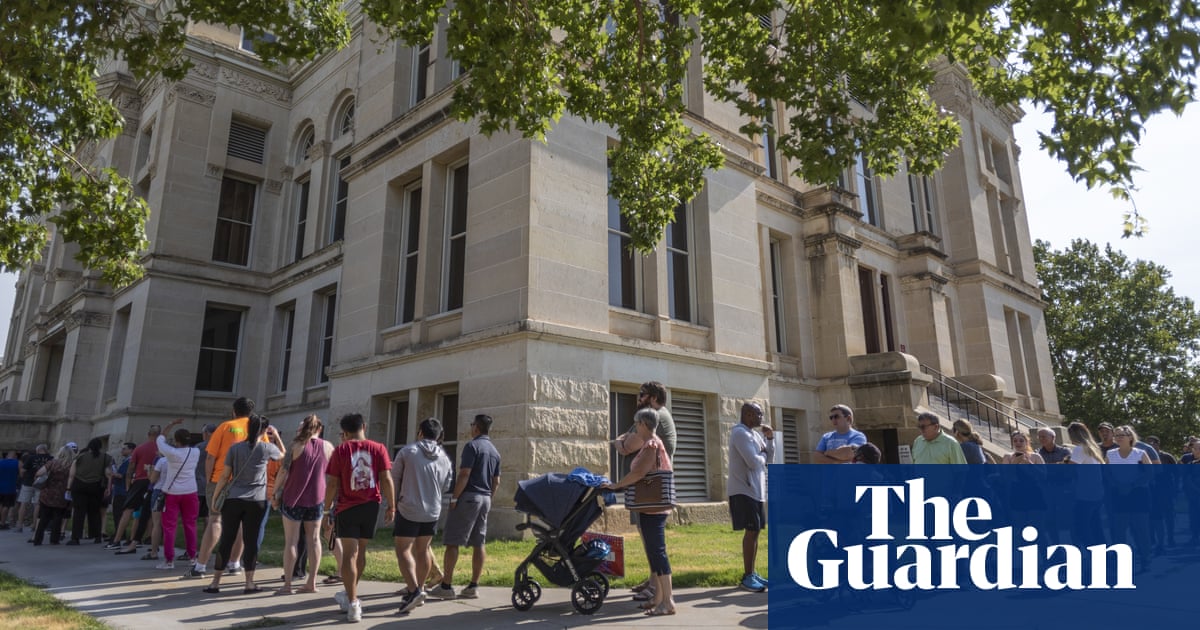In a bizarre mixed ruling combining several challenges to a 2021 election law, Kansas’s supreme court has ruled that its residents have no right to vote enshrined in the state’s constitution.
The opinion centering on a ballot signature-verification measure elicited fiery dissent from three of the court’s seven justices. But the majority held that the court failed to identify a “fundamental right to vote” within the state.
The measure in question requires election officials to match the signatures on advance mail ballots to a person’s voter registration record. The state supreme court reversed a lower court’s dismissal of a lawsuit that challenged that. The majority of justices on the state supreme court then rejected arguments from voting rights groups that the measure violates state constitutional voting rights.
…
Justice Eric Rosen, one of the three who dissented, wrote: “It staggers my imagination to conclude Kansas citizens have no fundamental right to vote under their state constitution.
“I cannot and will not condone this betrayal of our constitutional duty to safeguard the foundational rights of Kansans.”



It does seem that there is an implicit right to vote, but not an explicit one. Which is why I mentioned the Privileges and Immunities clause, if there is a Constitutional right to vote, it likely derives from there. But, being implicit, rather than explicit, means that it falls to judicial review to codify it. It’s also not as solidly guaranteed. Unlike say, the right to assemble, there is no specific text you can point to and say, “this bit of text, right here, says it.” So, it wouldn’t be surprising to see any such decision overturned later on (see: Dobbs decision).